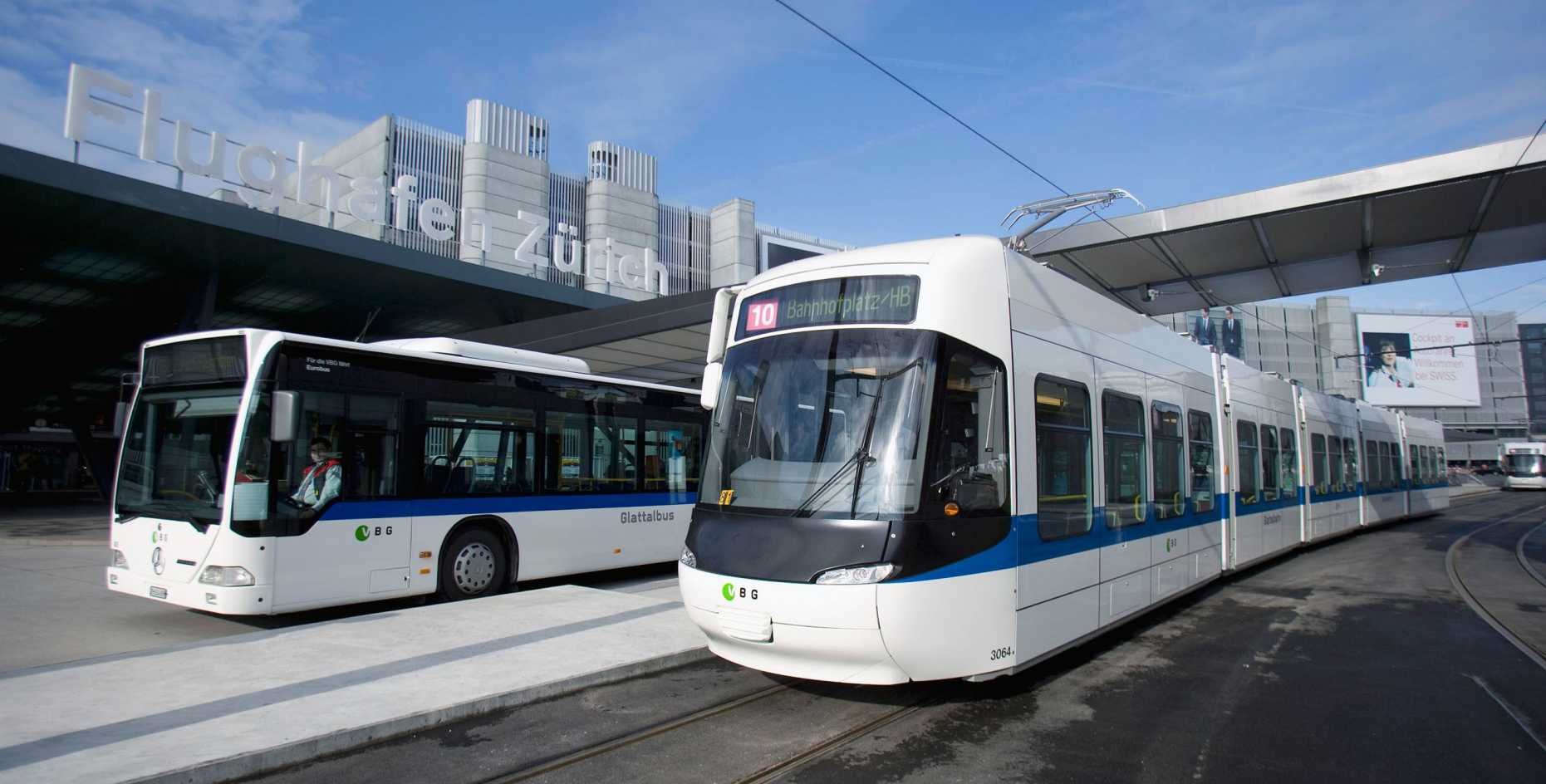Transport Systems and Behaviour

The focus of the subject area Transport Systems and Behaviour is the planning and operation of transport systems and their orientation towards the future requirements of society, spatial structure and global logistics.
Transport Planning focuses on the economic significance of changes in spatial behaviour in general, and of transport behaviour in particular. A basis is drawn from current “big data” sources, and from data gathered in various surveys and transposed into large agent-based and aggregated demand and network models.
Transport Systems addresses the efficient, secure, affordable and environmentally friendly mobility demanded by society and the economy. The focus is public transport, which requires forward planning and should be proactively oriented towards future market requirements, while simultaneously making optimal use of scarce funds.
Traffic Engineering addresses traffic flow theories and processes with the goal of sustainably improving transport systems. The scientific findings of empirical and theoretical studies are deployed to develop innovative and pragmatic solutions.
Transport Planning: Range of courses
• Transport planning
• Transport planning methodology
• Measurement and modelling
• Cost-benefit analysis
These courses address all means of transport, distances and timescales.
Transport Systems: Range of courses
• Design
• Dimensioning
• Realisation
• Operation of public transport systems
These courses address both urban and regional areas at national and international levels for both passenger transport and freight transport.
Traffic Engineering: Range of courses
• Theory of traffic flow
• Road design
• Simulation
• Safety
These courses deploy aggregated and disaggregated models and approaches.